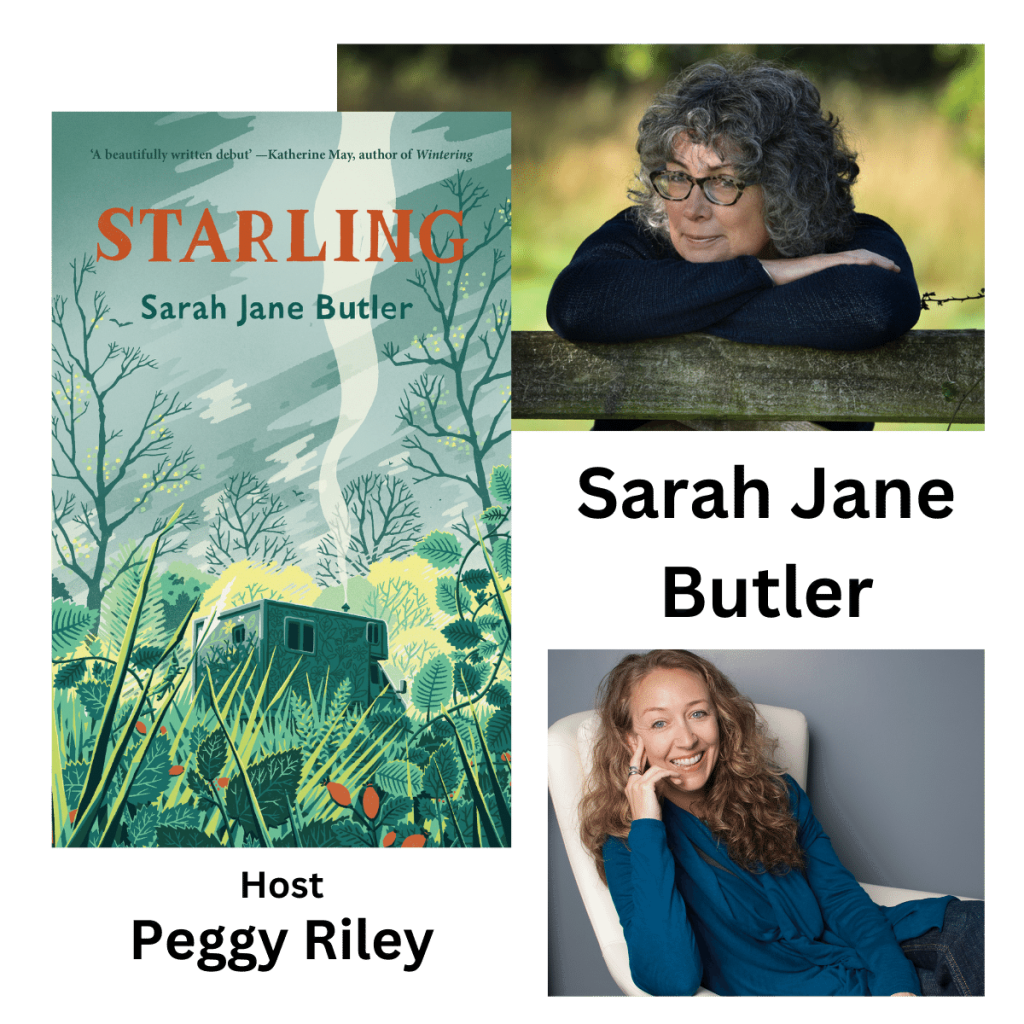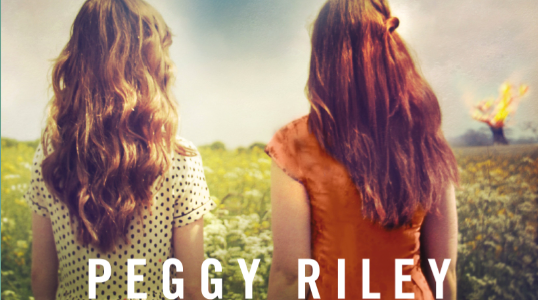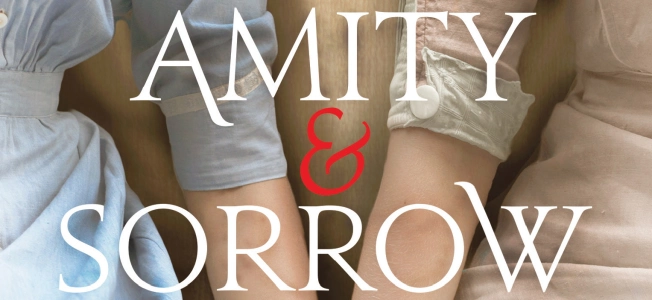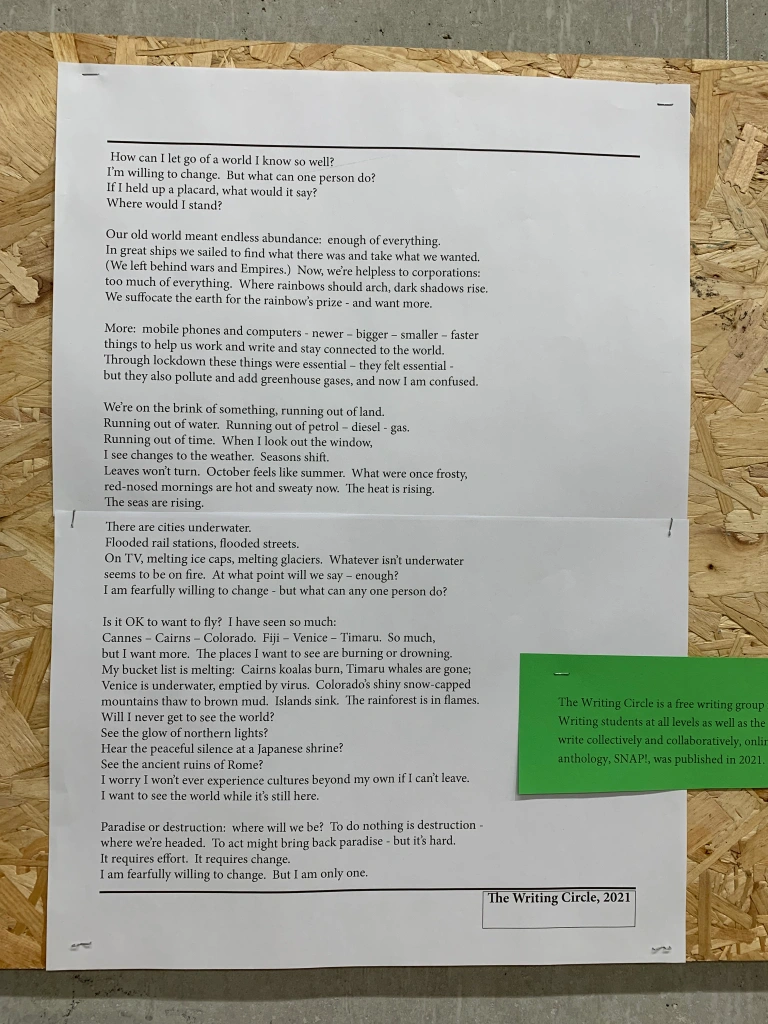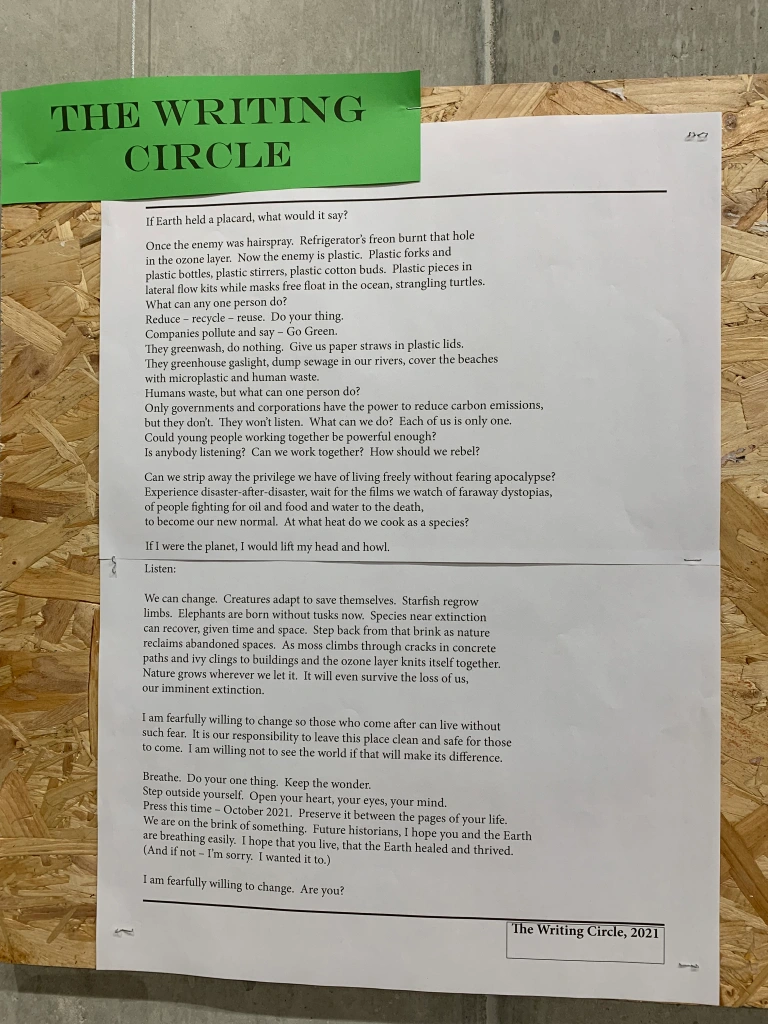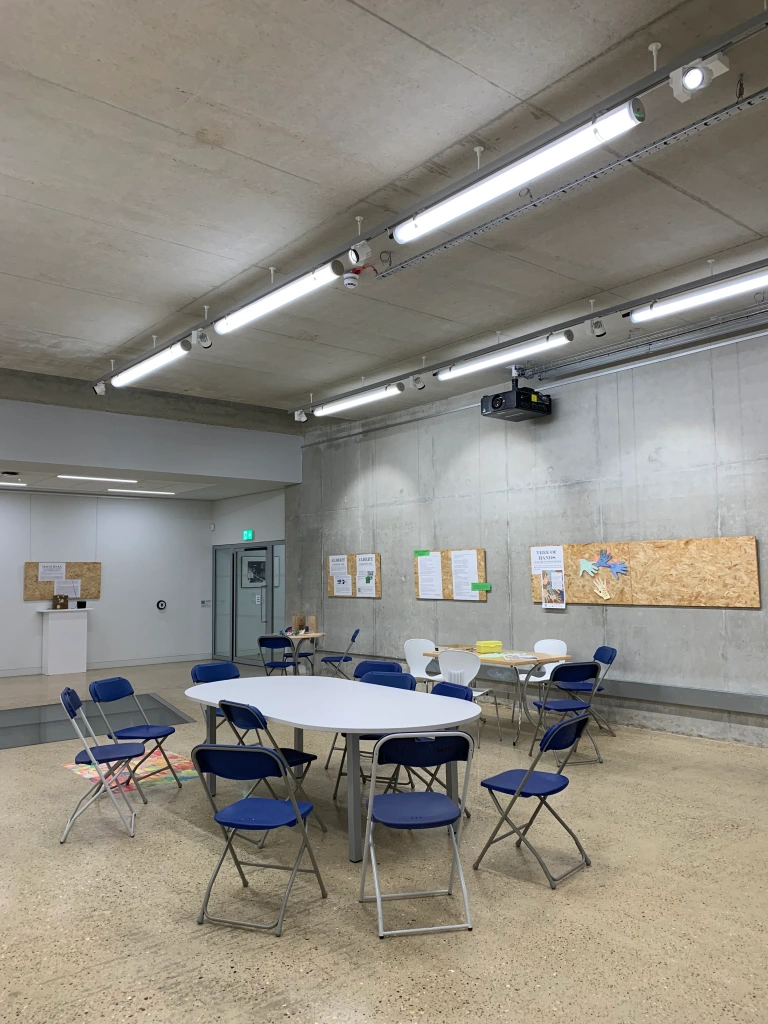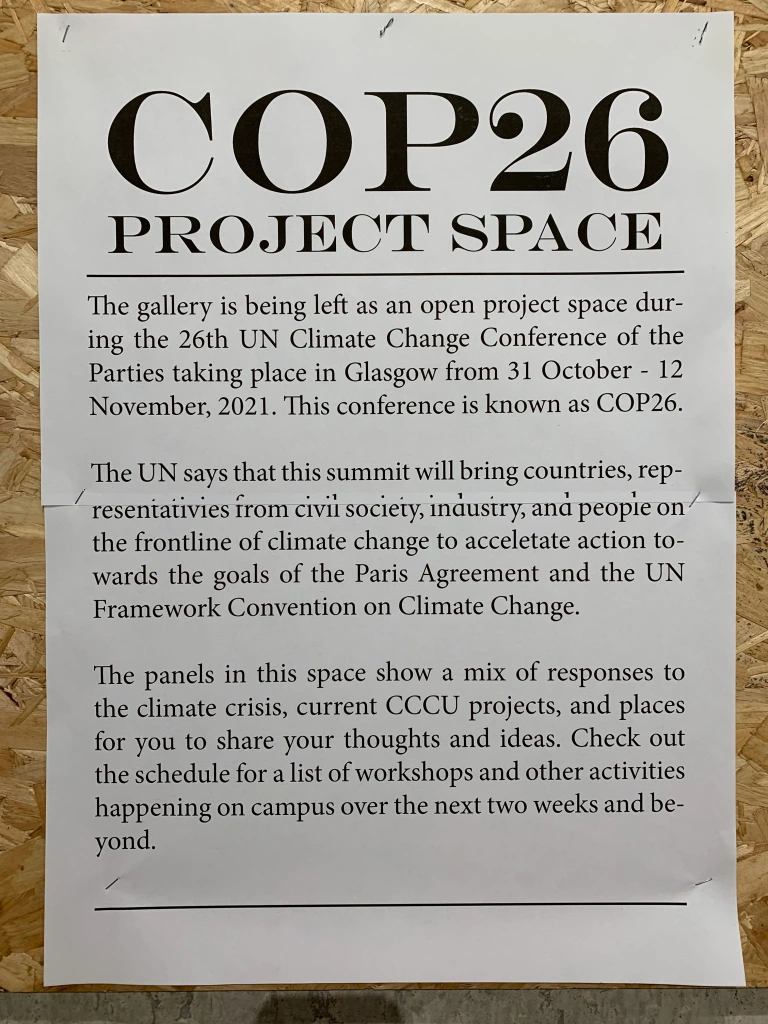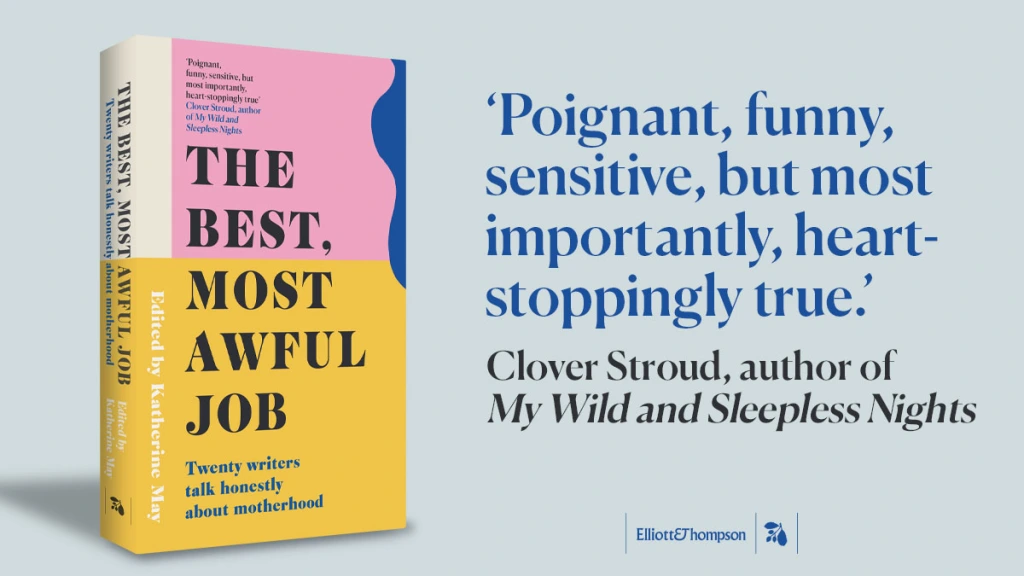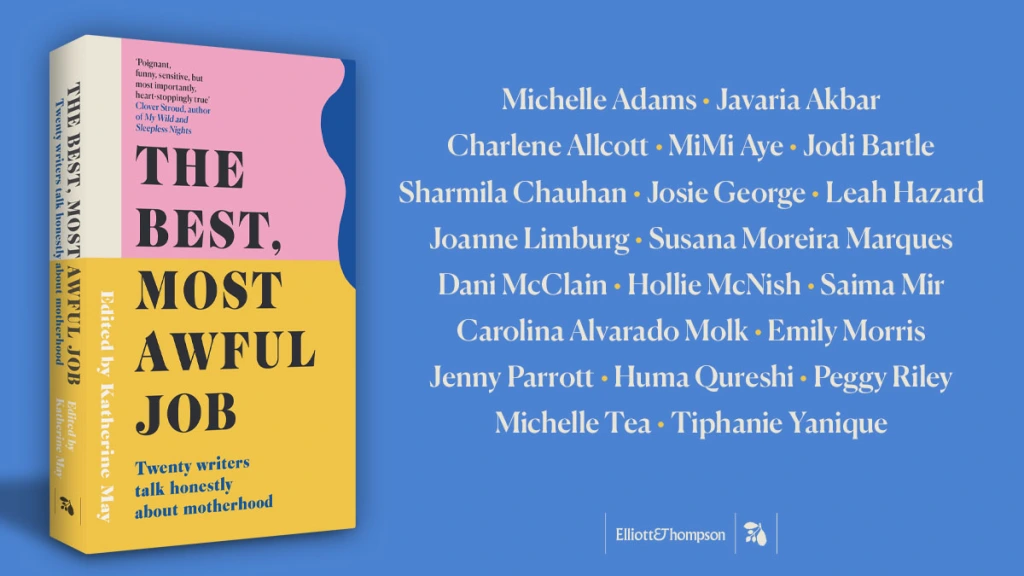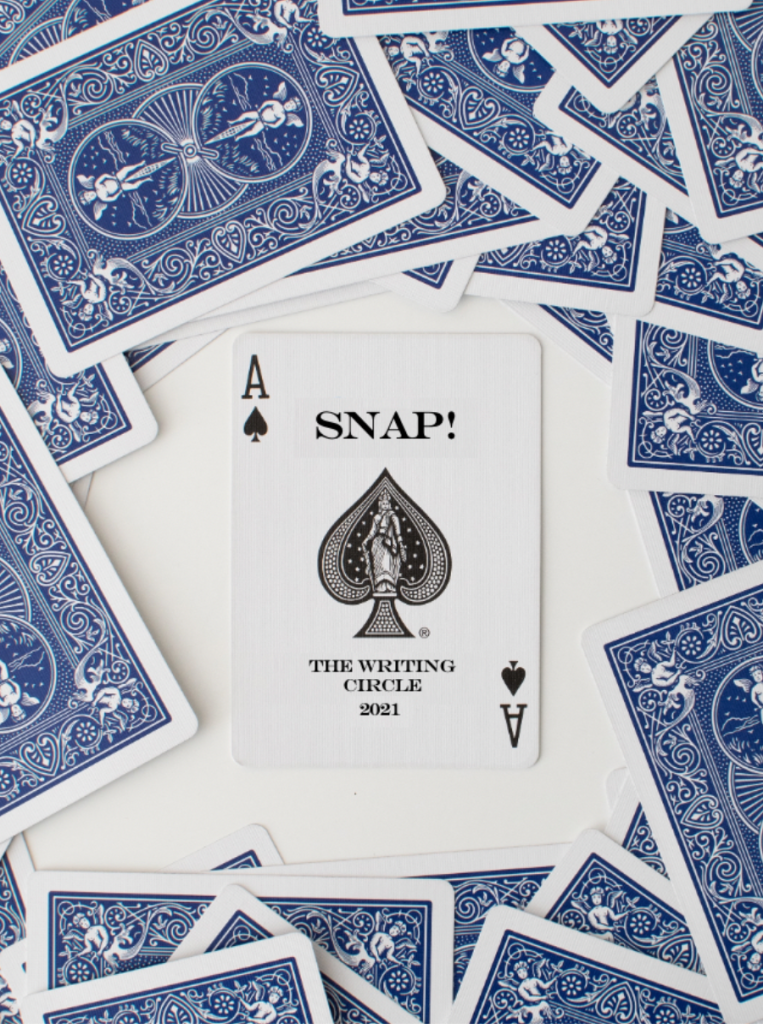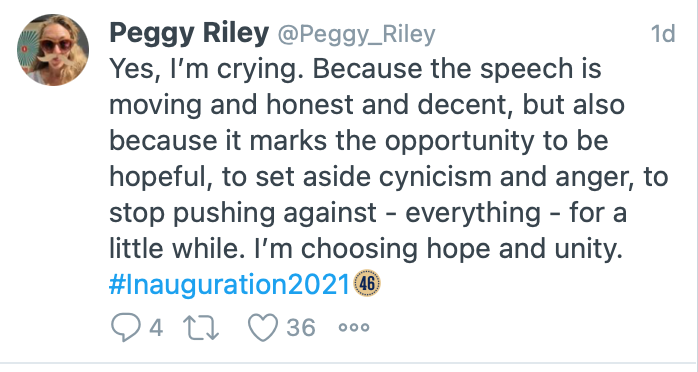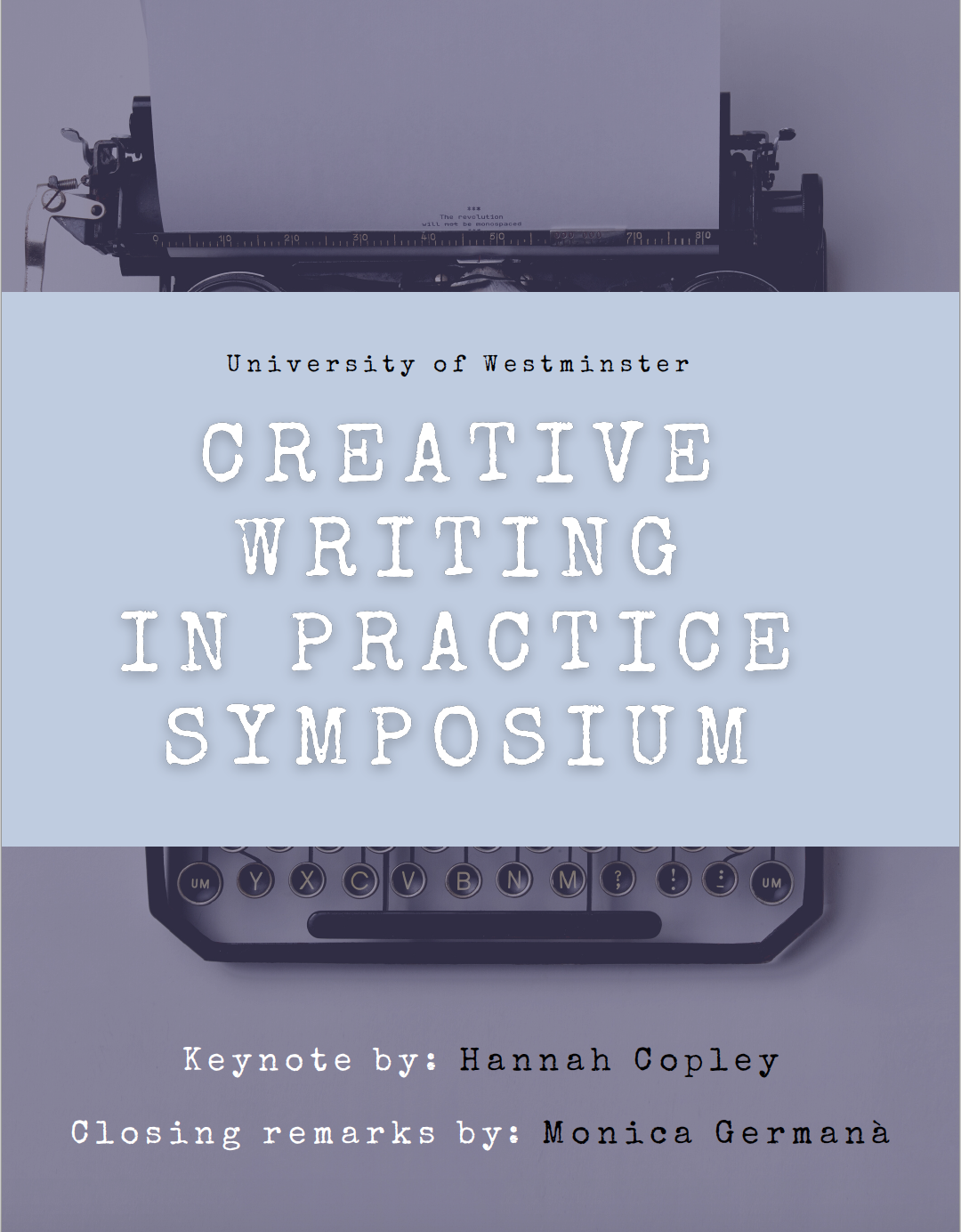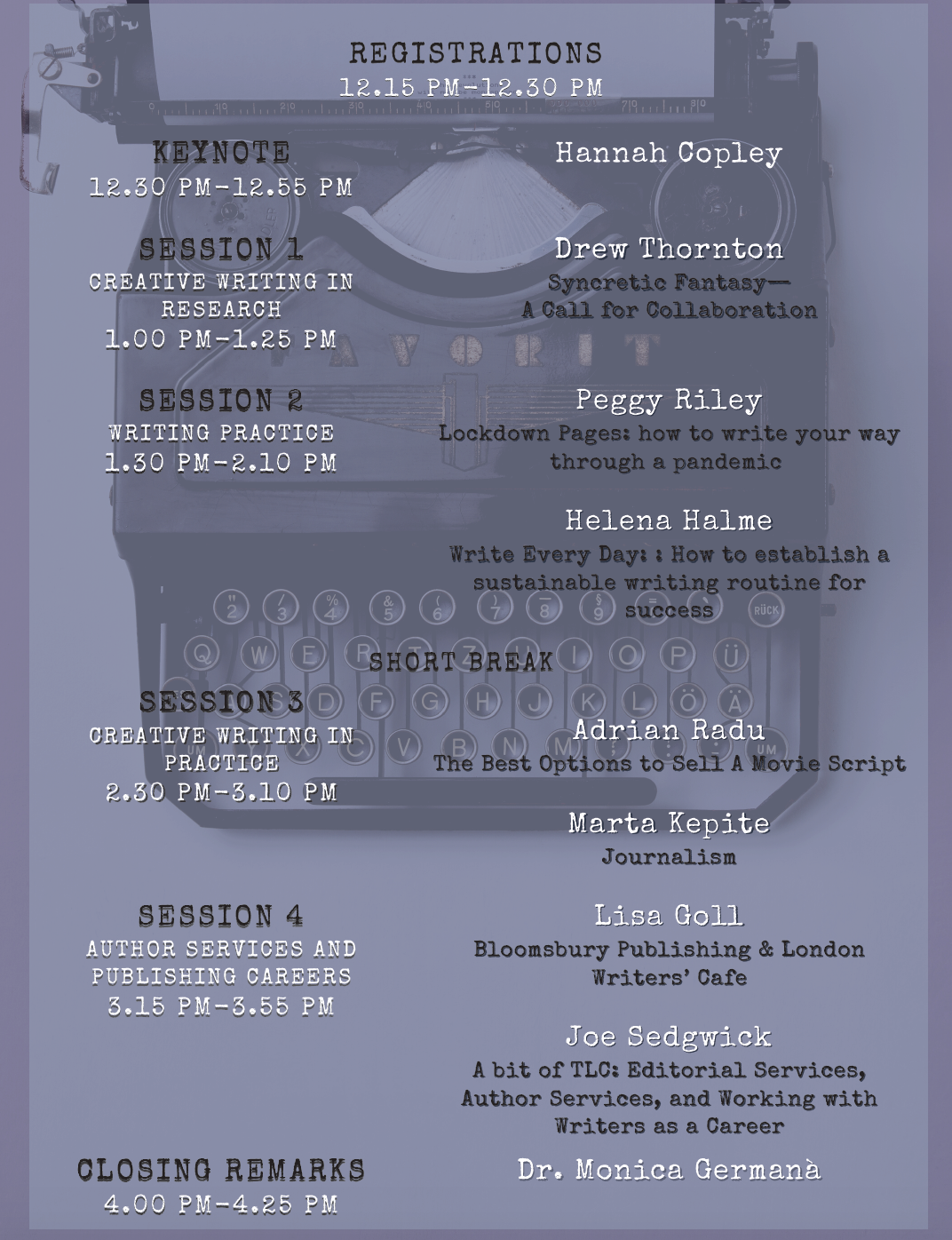I’ve written a lot about morning pages. I include them as a practice in the modules I teach, and I use them myself in a lot of different ways. But – what are they? And how do they work?
At the most basic level, morning pages are three pages of longhand – or 750 words on a laptop – free writing. They are not high art. They are not even ‘writing’. They are containers for anything and everything that crosses your mind. There is no wrong way to do them – and they are for your eyes only.
Morning pages are a system started by Dorothea Brande in her 1934 bestseller, Becoming a Writer, later revived by Julia Cameron in The Artist’s Way. Both Brande and Cameron have strong ideas about what they should and should not be. Both advocate doing morning pages as early as you can manage them: Cameron insists that they be done by hand, while Brande is happy for them to be done by typewriter to help a writer build up stamina and increase output. I do them online at 750words.com – and have been doing so for more than 10 years now. The only real “rule” is to keep your hand moving. Try not to stop. Don’t think too hard about what you’re writing – you’re trying to access different ways of thinking – and definitely don’t stop to edit or rewrite. Morning pages are about generating new material – it can be polished later, if you like.
The best way to learn what they are – and what they can be for you – is to do them. After all, they are a practice, not a theory. They are done in the doing, not the planning. During the pandemic, I ran some creative workouts on social media, hoping to encourage people to experiment with writing in new ways. One such way was to consider how morning pages might benefit a writing practice as well as wellbeing. Here are some of the ways that I use morning pages. Maybe they can work for you?
FREE WRITE: Open a journal and a document and just write down whatever comes to mind. Don’t stop to think or censor. Sometimes we don’t know what we think until we can see what we say.
I AM: Sometimes prompts can get this writing going. They can be as simple as these: I am… I’m not… I want… I don’t want… I know… I don’t know… I feel… I don’t feel…
They can be time specific: Today I… Yesterday I… Tomorrow I…
All you need to add are simple nouns and verbs. Today I am… Yesterday I felt… Tomorrow I want…
From there, you can go anywhere – but if you ever feel stuck or run out of steam, you just circle back to the same prompt and begin again. What else is there to say? What else are you?
BRAIN DUMP: Is your brain full? Yeah, me too – sometimes. We all get busy heads – and living through a pandemic hasn’t helped. Morning pages are a great place to set down burdens. They are a container big enough and flexible enough to hold all our thoughts and feelings. Sometimes if we write things down, we can convince our brains that we are listening to them and taking their concerns seriously. After all, their job is to protect us. It isn’t their fault if they’re hyper-vigilant, scanning the world for danger. It isn’t our fault either. If your brain is full of chatter, see if you can empty it into morning pages.
ROOTING: Sometimes our heads are so full, they’re in a spin. We don’t know if we’re coming or going, whether we’re projecting forward in worrying or backward in regret. Morning pages can root us in the now. Centre yourselves in time and space, wherever you are. Write yourself into place, using all your senses.
What can you see? Describe it: colour, texture, shape and size. Lift your head – what else can you see?
What can you hear, beyond the sound of your own hand on the page or the keys? What small sounds are near you that you’ve stopped hearing? What can you hear far away? How far? What can’t you hear?
What can you smell? Does anything have a smell around you? Can you smell yourself – or does everything still smell of sanitiser? Maybe find something that can smell, so you have something to describe.
What can you taste? (Morning pages require big cups of tea, in my opinion!).
Lastly, what can you touch? Focus on the pressure between your hands and your words, the contact of your body with your writing: pen or keyboard. Plant your feet and feel how the ground supports you, holds you up. Sit back, aware of the contact between your body and the chair and floor. Feel how supported you are.
Touch also relates to what touches us. How do we feel in our clothing? How do we feel in our skin? Is there tightness or looseness? Where are the places we are feeling? Touch also refers to pressure, temperature, and sensations. How are you feeling? No, really. How are you really feeling?
LISTING: Who doesn’t love a list? Sometimes my morning pages are to-do lists. Often, they start out that way, so that I can clear my head of whatever it is I’m worrying about or afraid that I’ll forget. From there, I might examine the list to break it down into smaller steps or maybe to write about my priorities, what feels in balance and what does not. Sometimes I make larger, more intentional lists that might form long-term plans. What do I want to achieve this week or month or season? How do I want to feel? What am I not doing enough of? What would I really like to do? See if you can list 10 things – and then another 10.
PLANNING: When I’m low on time, I use morning pages as a planner, to lay out longer projects or to sketch out scenes. It means that, when you do have time to write, you’ll find you’ve already laid the groundwork out to get you started. No more blank page! You can read more about this process here:
CREATIVE PROMPTS: Where do ideas come from? Here is where morning pages get fun. After all, maybe you don’t want to start your mornings going over old ground or making laundry lists. Morning pages can be a creative space to start new pieces or projects through simple, one line fire-starters that can spark ideas.
Remember that you can always change tense and POV. If you always write in first person (I), work with second (you) or collective third (they). Here are some quick lines to get you going:
It was in the corner.
She wasn’t expecting that.
We could see it from here.
You hold it in your hand.
It had never been so cold.
Look out!
You can keep a jar of words or prompts that you find useful. Try first lines or last lines of novels or stories. The first whole sentence on page 100 of a novel is also usually pretty good. You can also find one through bibliomancy: open a book at random and find a sentence to use. Prefer a visual prompt? I have a Pinterest board for that: You can always Google “writing prompts” to find a million more – or visit storyaday.org.
I’ll be running a morning pages workout later in the summer. If you want to join in, sign up to the blog here or follow me on Twitter: @Peggy_Riley – Until then, whatever gets you writing – keep writing!
